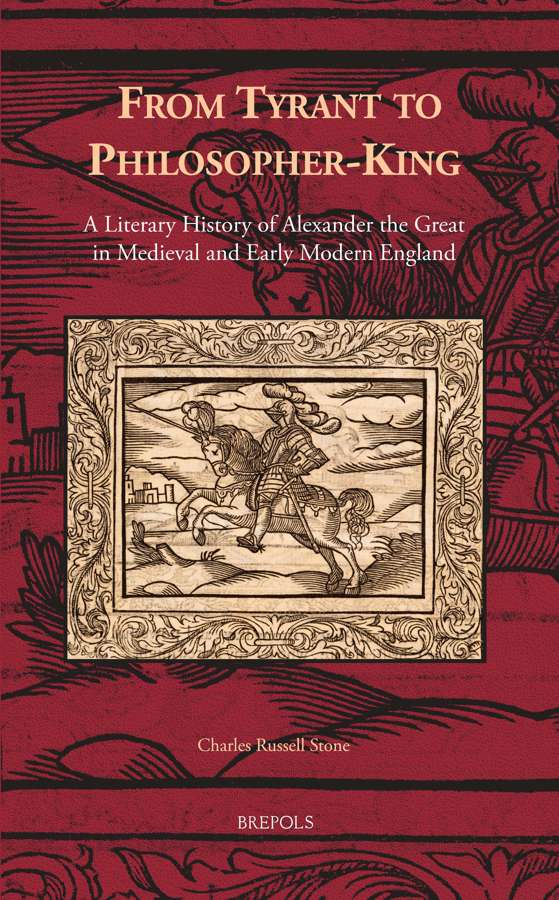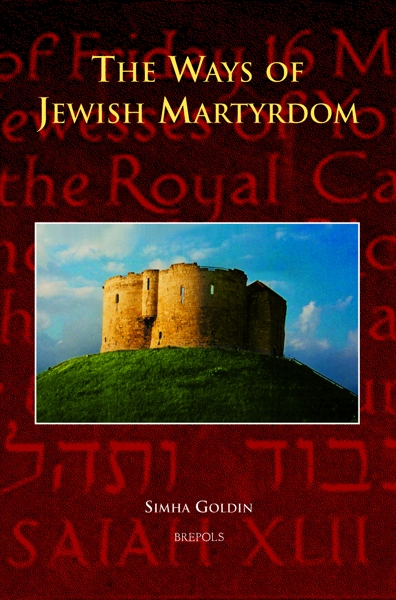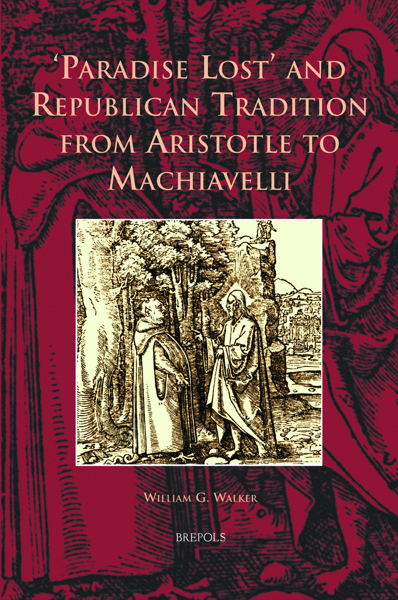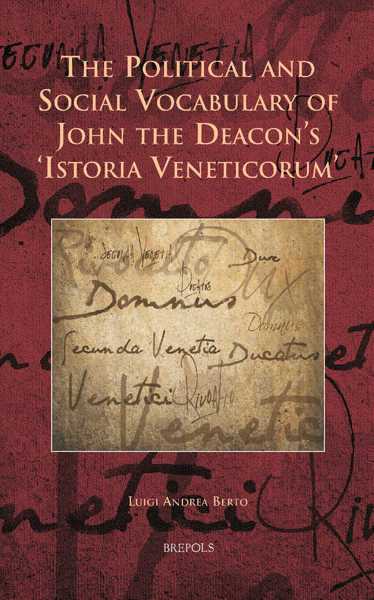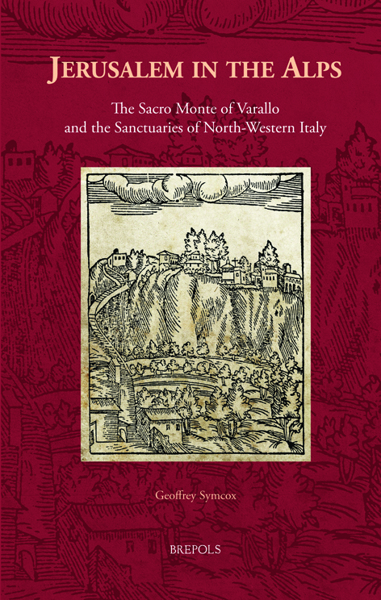
From Tyrant to Philosopher-King
A Literary History of Alexander the Great in Medieval and Early Modern England
Charles Russell Stone
- Pages: 254 p.
- Size:156 x 234 mm
- Illustrations:7 b/w
- Language(s):English
- Publication Year:2013
- € 85,00 EXCL. VAT RETAIL PRICE
- ISBN: 978-2-503-54539-4
- Hardback
- Available
- € 85,00 EXCL. VAT RETAIL PRICE
- ISBN: 978-2-503-56055-7
- E-book
- Available
This book sheds light on the evolving reception of the ancient world’s most enduring figure and will prove valuable to any reader interested in the modern world’s debt to antiquity.
"(...) This is an excellent and fascinating book. While some of the descriptions of the manuscripts themselves will likely be more applicable to specialists in the field, the book as a whole (especially the second and third parts) will be of interest to medievalists and Alexander scholars alike." (Coyle Neal, in: The Medieval Review 14.11.15)
"This is a very interesting study of Alexander’s changing reputation, from his early glorification by the ancient Greeks to his damnation by the Stoics and the medieval Church, with a more realistic acceptance in modern biographies. (...) the book’s scholarship is generally most impressive, and it will add a great deal to the history of that extraordinary but controversial leader." (John R. C. Martyn in: Parergon, 31.2, 2014, p. 214-216)
"The book is a good example of what can be attained by the close reading of texts in their historical context, and the nuances they convey." (Richard Stoneman, in: Speculum, 90/4, 2015, p. 1170-1172)
"L’ouvrage présente de façon exhaustive, et en faisant appel à un très grand nombre de copies manuscrites (dont la liste complète se trouve p. 229-230), le rôle qu’a joué la figure d’Alexandre le Grand dans la formation intellectuelle des princes de Grande-Bretagne depuis l’époque médiévale jusqu’aux temps de l’humanisme. Il s’agit d’une étude extrêmement précise, qui accorde toute l’attention requise à l’histoire intellectuelle et littéraire du thème de la royauté en Angleterre et qui met en œuvre un grand nombre de mss en ne négligeant pas les aspects codicologiques relatifs à ces multiples témoins." (J. Ch. Lemaire, in: Scriptorium 2015/01, nr. 267)
“A bibliography of primary and secondary sources, a general index, and an index of manuscripts conclude this instructive book.” (Dr. Ephraim Nissan, in Fabula, 58/3-4, 2017, p. 446)
Since his death in Babylon in 323 BC, Alexander the Great has inspired an unparalleled legacy founded on both histories and legends. From ancient Alexandria to twentieth-century America, and from politics to popular entertainment, he has remained a source of fascination and debate.
Today our conception of Alexander rests upon two Roman inventions of history. The first, that of a bloodthirsty tyrant corrupted by Persian decadence, was recovered in medieval monasteries and thrived for centuries, until the second, which viewed Alexander as an enlightened ruler and the head of a harmonious global empire, flourished in the age of humanism. From this clash of intellectual movements arose our modern debates over Alexander as either a madman or a philosopher-king, the epitome of corruption or of ideal government.
This book explores the investigation of Latin and Greek histories of Alexander in twelfth- to seventeenth-century England and the radical evolution of a man still abhorred and imitated today.
Introduction
Part One. English Monasticism and the Latin Alexander
Chapter 1. London, British Library, MS Royal, 13. A. i: Contexts in Anglo-Saxon England
Chapter 2. London, British Library, MS Royal, 13. A. i: Texts
Chapter 3. The Benedictines and Alexander in the Twelfth Century
Part Two. Alexander and the Education of Kings
Chapter 4. From Monasticism to Scholasticism
Chapter 5. ‘Moral’ Gower and the Rejection of Alexander
Part Three. English Humanism and the Greek Alexander
Chapter 6. Duke Humfrey’s Alexander: Lydgate and Plutarch
Chapter 7. Royal Libraries and the Lumley Collection
Epilogue, 1612

